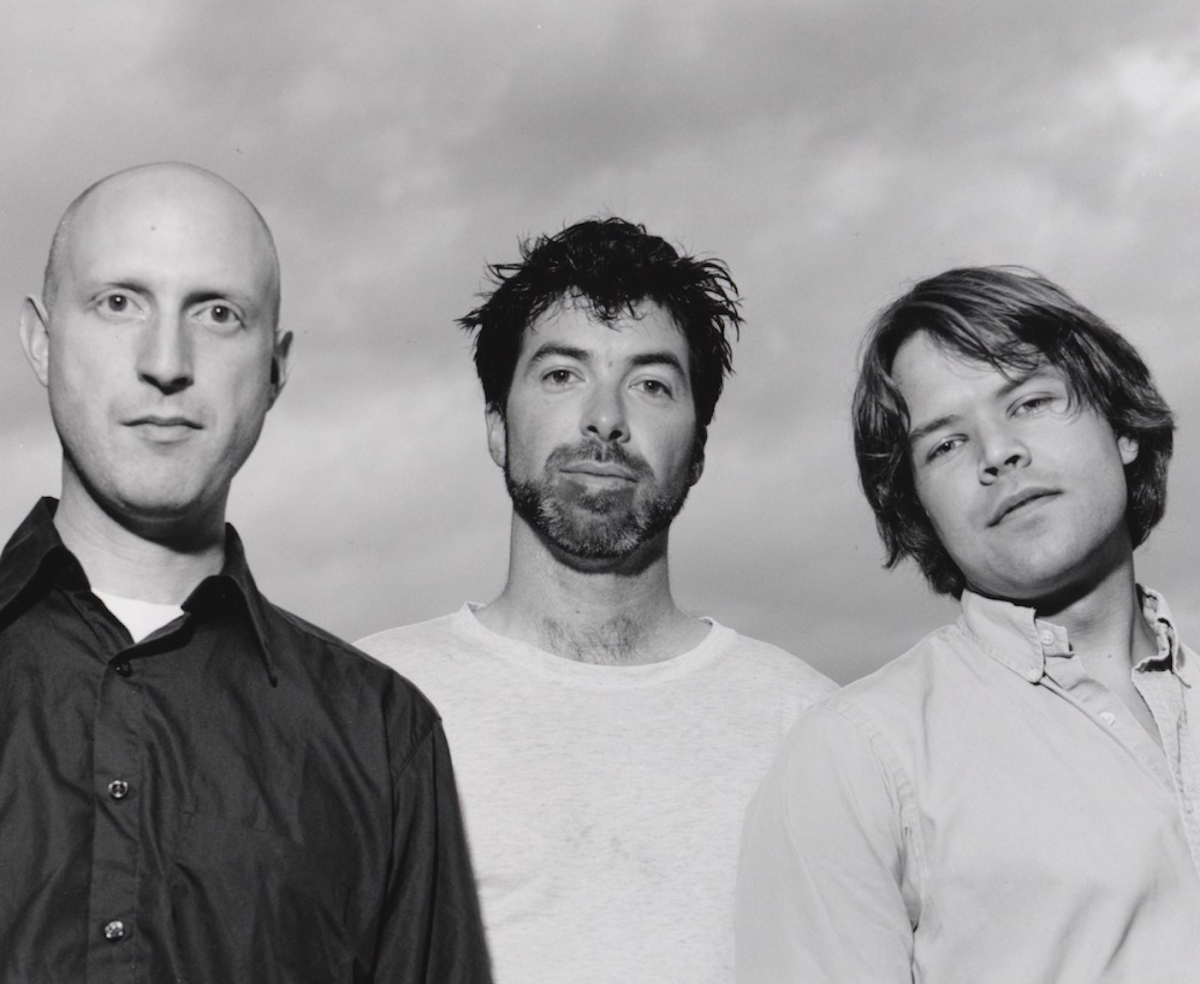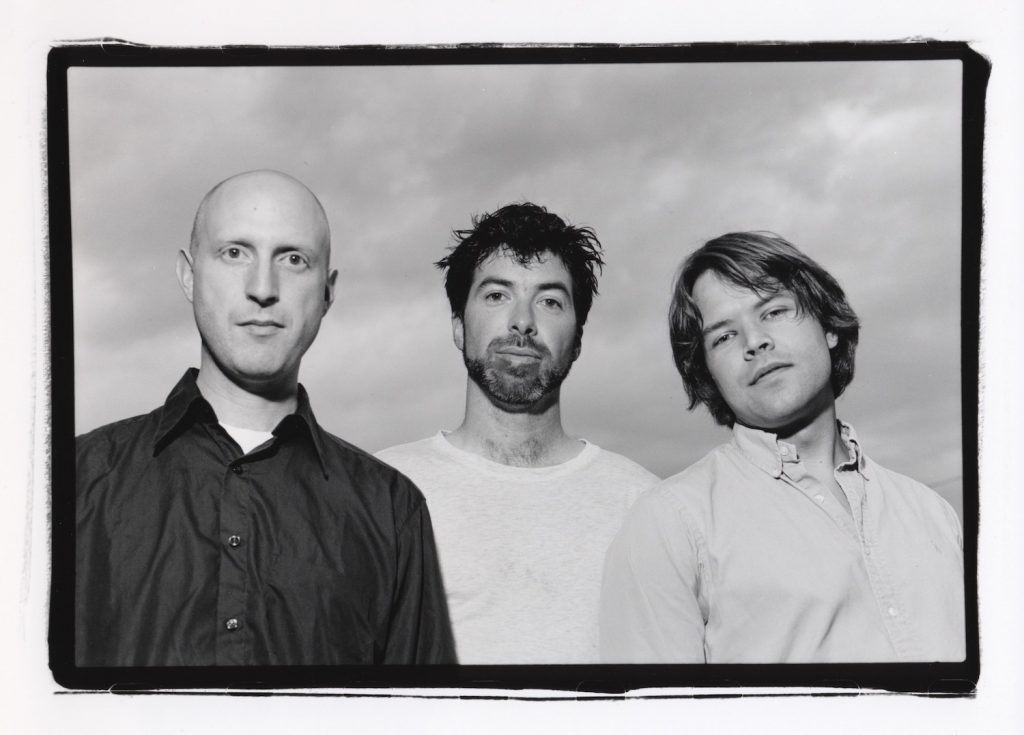
A decade and a half after the tragic and senseless death of drummer Michael Dahlquist, MAGNET’s Andrew Earles reflects on the savage beauty of Silkworm and picks 20 must-hear tracks from one of the best indie-rock bands of the ’90s
It’s been 15 years since a suicidal woman deliberately crashed her car into three strangers—Douglas Meis, John Glick and Michael Dahlquist—as their vehicle sat waiting at the intersection of Dempster Street and Niles Center Road in Skokie, Ill. She suffered minor injuries. All three friends—coworkers at Shure Inc. (they were returning from their lunch break) and musicians—died. The gas pedal had literally bent around her foot when she struck Dahlquist’s car at 90 mph, thus proving it was floored upon impact.
Over the months leading up to this 2005 tragedy that ended Silkworm, for which Dahlquist had been the unmistakable drummer since 1990, the band’s body of work (or a lot of it, at least) had started to enter a personal canon of bands/artists whose work will forever move me in intellectual, emotional and recreational capacities in frequent perpetuity. Perhaps that’s why the short news/obit piece I wrote at the time for Paste just made me cringe so intensely upon revisitation that I literally had to walk it off.
The same thing happened five years ago when I revisited it last while working on a longform Silkworm piece for Pitchfork’s “The Pitch.” That never saw the light of day because I’ll overthink a glass of water and I believe my excuses were something like, “Everything’s already been said and said better,” or, “This band is really hard for me to write about for some reason,” though I stopped short of the unprofessional, embarrassing (if not inaccurate) notion that my own relationship to the music made journalistic objectivity or plain readability impossible.

I used to consider my relationship to Silkworm as the definition of an acquired taste. I would refrain from pushing the band on folks until we really got to know each other. If someone were to claim indifference, dislike or disagree about the musical quality and importance of a band such as Mission Of Burma, the Groundhogs, N.W.A, Thin Lizzy, Black Sabbath, Funkadelic or Sonic Youth, I would not trust that person to walk from one side of an unfurnished room to the other.
Conversely, I would hand out passes to those who didn’t like or understand Silkworm. But that line of thinking is no longer totally valid, and after years of devoting an unhealthy, possibly insane, amount of cognitive energy to contextualizing this band’s output and exactly what it means to me as opposed to what it could mean to the unfamiliar but curious. This invariably influenced the content and order of the playlist to which this intro will eventually give way.
As of this day in 2020, there are probably as many documentaries about overlooked, underrated or previously unknown bands, clubs or scenes from the ’90s as there are dudes (and they are dudes) my age and older who say, “You know, this was before the internet and smart phones,” in those documentaries. Either despite or because of the fact that I was there for at least half of the era in question, the majority leave me feeling nothing or questioning their appeal outside of the direct participants.

Like Brainiac: Transmissions After Zero or It’s Gonna Blow: San Diego’s Music Underground 1986-1996, I can objectively state the exact opposite about Seth Pomeroy’s excellent Couldn’t You Wait?: The Story Of Silkworm from 2013. It’s well-worth the $5 entrance fee. It follows a traditional format (no animated spiral notebooks here) to simultaneously tell a deeply human story of the band and the historical subplot of the OG indie-rock world that offered varying degrees of support throughout Silkworm’s run. More importantly, fandom is not a prerequisite and may not even be an outcome. But if you love music and appreciate a strong example of the rock-doc art form, enjoyment will be. Plus, I suppose it goes without stating that Couldn’t You Wait? will do a much better job of historically and contextually unpacking the Silkworm legacy than what you’re reading.
But some potentially helpful facts: Silkworm’s active discography spanned 1990 to 2004 in a consistent, hiatus-free manner and is comprised of nine proper full-lengths, a live album of covers as the Crust Brothers (a side-project featuring Stephen Malkmus backed by Silkworm), a double-CD compilation of rare/unreleased fare and 12 or 13 titles that fall into the single or EP categories.
Starting out as teenagers in Missoula, Mont., who entered the ranks of a local post-punk collective called Ein Heit, founding members Tim Midyett (bass, vocals), Andy Cohen (guitar, vocals) and Joel R.L. Phelps (guitar, vocals) relocated to Seattle as the three principle songwriters in the newly christened Silkworm and, in 1990, took on Dahlquist as their drummer. Beginning in 1993, Steve Albini would record most of Silkworm’s body of work and evolve into a close friend and confidant.

Also kicking off around 1993 was Silkworm’s barn-storming campaign of spending around eight months of each year on the road, which resulted in Phelps’ departure from the band. Subsequently, Silkworm was an often-powerful power trio, among many other subtle progressions, for the next 10 years. Some time after Silkworm concluded its exhausting aforementioned road-dogging run, the members relocated to Chicago and got day jobs so as not to compromise their primary endeavor. During its lifetime, the band spent time on three main labels—C/Z (1992-1994), Matador (1995-1997) and Touch And Go (1998-2004)—and popped up on some smaller affairs.
That’s the Reader’s Digest ultra-condensed version of the story.
I haven’t really ordered the following playlist aside from wanting to provide a good cross-section and possibly a far more subjective agenda (something along the lines of “best places to start” meets “how I usually introduce the band to the unknown”). Oh, and a common denominator here is that all of these songs feature some of my favorite drumming by the late Mr. Dahlquist.
“Eff” (1998, from Blueblood)
Dominated by Midyett’s down-stroked bass riff and Dalhquist’s assaultive attempts at fitting some of his instrument into what little space is left, “EFF” is a rhythm section joyfully swallowing up the song until Cohen backs off of singing this romantically tormented tale and lets an understated guitar solo temporarily lead the song into a few seconds of quasi-traditional rock. “Eff” kicks off Blueblood, itself the beginning of Silkworm’s long tenure with Touch And Go.
“Couldn’t You Wait?” (1994, from Libertine)
Justified fan fave that makes sense as the title source for the above-mentioned Silkworm documentary. Like innumerable lost classics from the era, this one had everything needed to (at least temporarily) next-level its creators up to what would then be a higher profile (in this case, that of friends/contemporaries/tourmates Pavement). It’s just one big hook, plus the metaphor-heavy lyrical narrative of human separation still packs a punch in the heart some quarter decade after its release. Matador A-sided a seven-inch with “Couldn’t You Wait?” even though it originally appeared on the album that preceded Silkworm’s run on the label. A wonderful acoustic version originally appeared on Matador’s The Marco Collins Sessions four-song double seven-inch/CDEP in 1995 and is now appended to Comedy Minus One’s 2014 reissue of Libertine.
“Severance Pay” (1996, from Firewater)
Situated way back in the sequence of its (long) parent album, “Severance Pay” is both Firewater’s most aggressive and catchiest song, with the hook delivered not by the repeated “Earth shook, earth shook” (a chorus of sorts) but by Cohen’s more prominent, ever-shifting guitar lead that carries the track front-to-back. Lyrically told from the POV of a man who went to Alaska in ’63 to work on the pipeline but who drank himself unemployed by the time an earthquake leveled much of the place the following year. While I do like this about the song, it really could be about underwater basket weaving and still have a prominent place on this playlist.
“Raised By Tigers” (1994, from In The West)
Maybe the world is catching up to Silkworm a little better, as implied by the 8.1 Pitchfork score (and well-written parsing thereof) garnered by Comedy Minus One’s reissue of 1994’s In The West, released this January. Like a lot of Phelps’ compositions, both while in Silkworm and throughout his subsequent work, this is a nakedly emotional scorched earth. But “Raised By Tigers” is set against huge guitar riffs being thrown down the stairs. During the final half-minute comedown, listen for a friendly lift of the “solo” from Pavement’s “In The Mouth A Desert.”
“A Tunnel” (1994, from Libertine)
The heavy and menacing ooze of “A Tunnel” is built around the twin-guitar intermingling from which Cohen and Phelps were generally getting some strong results by the time this album was recorded. Following its release, and the band’s move to Matador, the latter would depart and Silkworm would morph into power-trio mode.

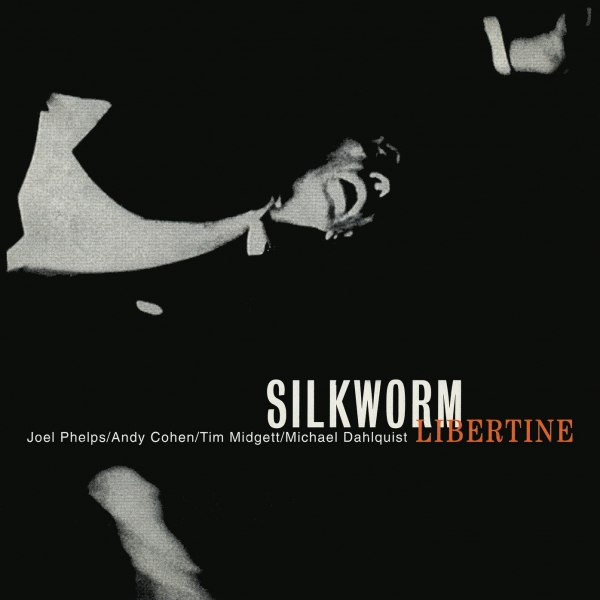
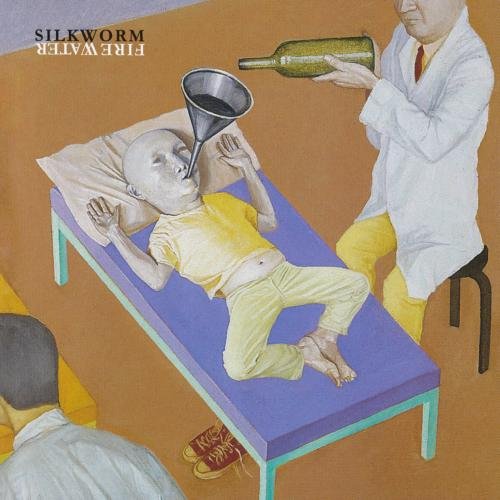
“The Ram” and “A Cockfight Of Feelings” (2002, from Italian Platinum)
These two stylistically disparate album-closers are also Italian Platinum’s strongest. The former is a heavy gazillion-dollar bass riff, Dalquist at his hard-hitting best and lyrically a logic-allergic astrological metaphor for who-the-fuck-knows-what. The latter is one of Silkworm’s most traditionally catchy and structured (and definitely its best-titled) nods to the Cheap Trick and classic rock/power-pop faction of influence the band was so adept at bending to its various needs. I always listen to both in a row, so why not? Italian Platinum was reissued on limited-edition vinyl (after being out of print for more than 10 years) by Touch And Go in 2019.
“Pilot” and “Dremate” (1994, from In The West)
And here’s the two that closed an album released eight years previous, but in the opposite order. Both are Phelps songs, but together make a nice snapshot of his breadth within the framework of the band he would soon depart. “Pilot” is the one with a somewhat upbeat pace and the great, big repeated hook of “When I collide, it’ll be something to remember.” It builds into a frenzy that, like much of In The West and follow-up (and first great) album Libertine (later the same year), is too heavy to fit in with much of the contemporaneous indie-rock of 1994 but way too dramatic and emotionally stark to land it anywhere near the noise-rock AmRep camp. As for “Dremate”—there are a lot of gradual growers and builders on In The West, starting in one place and ending in another entirely, but this is the best one. (Plus it lacks some of the others’ tendencies to go a little “prog legs.”)
“Yen + Janet Forever” and “Oh How We Laughed” (1994, from Libertine)
A single take grabbed both of these Phelps crushers that anchor Libertine because both are meant to be heard back-to-back.
“Wet Firecracker” (1996, from Firewater)
Another example of Dalquist at his slamming, pounding best. Makes sense that Matador figured it a good idea to get behind an official video (that ran on 120 Minutes for … a minute), back when such a thing was quite an endeavor and investment.
“Slow Hands” (1996, from Firewater)
There are rock tropes all over this lumbering beast (namely re: the somewhat corny lyrics), but its sheer power is undeniable and the squalling solo about three-quarters of the way in is one of the more believably soulful examples of something that’s rarely “believably soulful.”
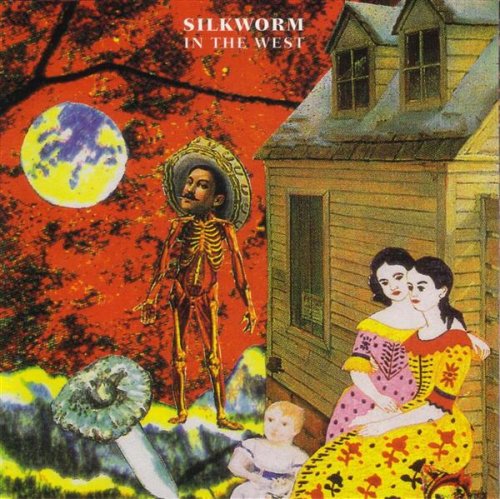


“Ritz Dance” (1998, from Blueblood)
If you’ve made it this far in the playlist, then this short downer will likely track well with the ears, especially if Cohen’s guitar style/mangling is an appeal. His distinct blurring of heavy, overdriven jangle and what might otherwise be a lead is all over this three minutes, and the late Sonny Sharrock is even referenced in the lyrics.
“That’s Entertainment” (2000, from Lifestyle)
A sleeping giant that puts Cohen’s six-string mastery against a downbeat Replacements-by-way-of-Prisonshake affair. In 2016, Touch And Go reissued the then-out-of-print Lifestyle on limited-edition vinyl.
“Insomnia” and “Shitty Little Yacht” (2004, from It’ll Be Cool)
Of course, “late-period Silkworm” only exists in hindsight and by force of tragedy, but these two tracks are what it could be at its strongest. “Shitty Little Yacht” is notable for threatening to fall apart all over the place at any given second. It’ll Be Cool was issued on vinyl by Touch And Go for the first time since its original CD-only release in 2004.
“Low Blow” (2006, from Chokes!)
The best of four originals on the six-song Chokes!, a posthumous EP collecting Silkworm’s final recordings (released by 12XU on CD and Comedy Minus One on vinyl in 2014).
“Our Secret” (1992, from “The Chain”/“Our Secret” seven-inch; 1994, on Even A Blind Chicken Finds A Kernel Of Corn Now And Then: ’90-’94 compilation)
This interpretation of the Comsat Angels song is a stunning, heavy beast that originally appeared on a seven-inch opposite Silkworm’s blown-out version of Fleetwood Mac’s “The Chain” (a misfire despite the original being such a “coverable” song).
“Parsons” (1994, from In The West)
So long as the smidge of grunge-bleed in the riffs isn’t off-putting or an aging element here, this aggressive Cohen track will hit nicely.

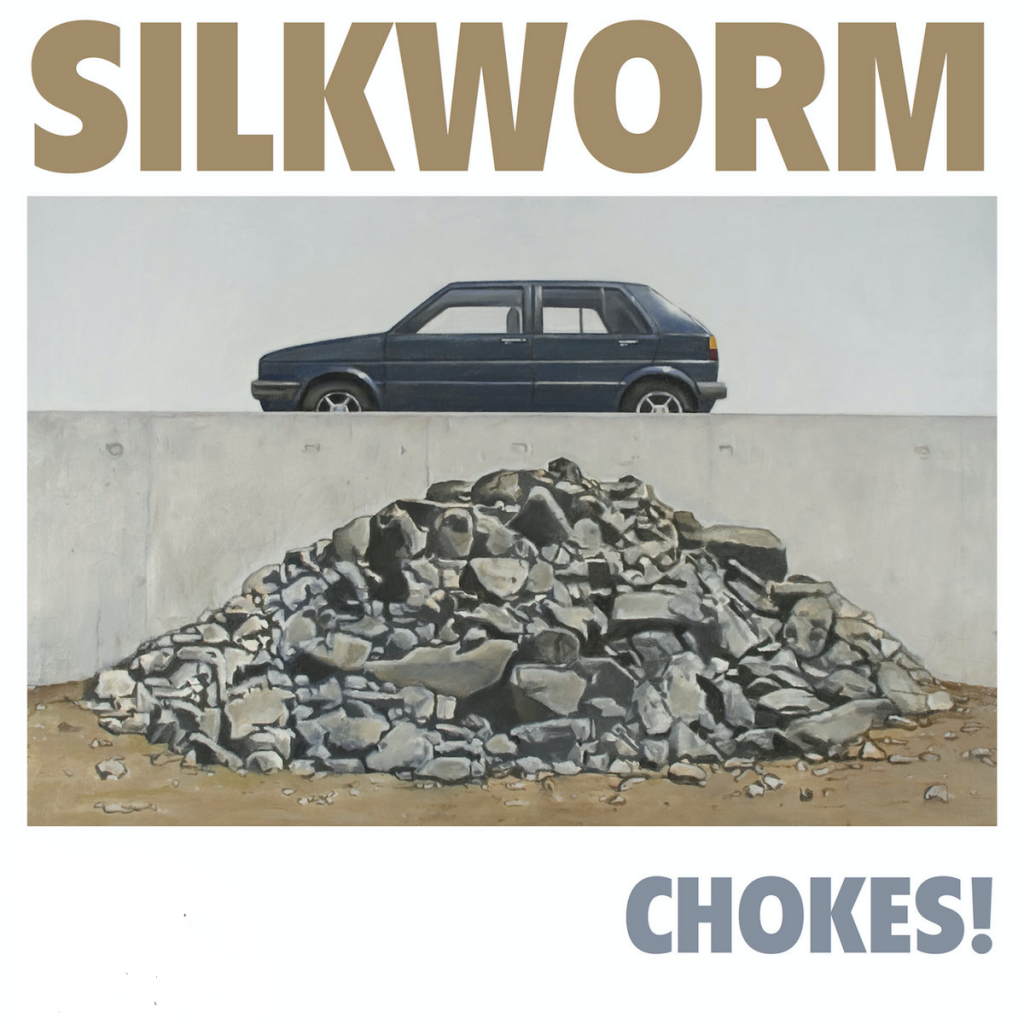
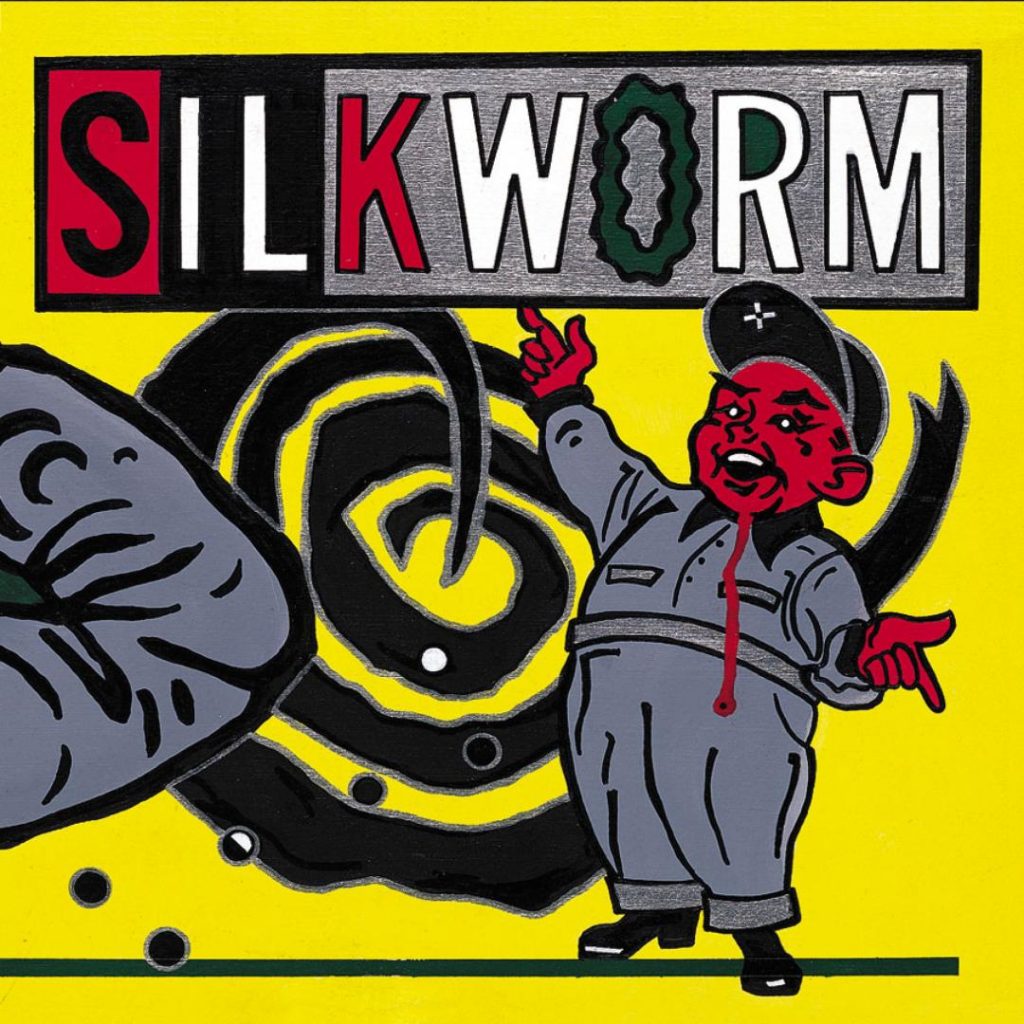
Addendum
Bottomless Pit should also come strongly recommended. Cohen and Midyett formed the band (with the Seam drummer Chris Manfrin) in 2005 and released three albums, two EPs and a two-CD compilation before ceasing in 2013. Silkworm was adept at bending classic rock and power-pop influences all to hell, especially across the later Touch And Go albums, while OG post-punk served as a more implied and subtle (though paramount and perpetual) inspiration. Conversely, the appropriately dour Bottomless Pit was very little of the former and much more informed by the latter (plus Midyett’s deep affinity for New Order). It should be noted that Bottomless Pit incorporated post-punk into its own distinct thing and had nothing in common musically with the gazillion bands that brought nothing new to the table, thus making the mid-’00s seem like one never-ending Gang Of Four/Wire/Joy Division karaoke night. Wait, that’s still happening.
Midyett is currently active solo and under the band moniker Mint Mile, and now plays baritone guitar in Sunn O))). He performs live with the latter and has appeared on its last two albums. This year, Touch And Go released Music From The Film Girl On The Third Floor by Alison Chesley, Steve Albini and Midyett.
Following Bottomless Pit, Cohen joined the members of Light Coma to form, appropriately enough, Andrew Cohen & Light Coma. This ensemble released the Unreality full-length in 2017.
Phelps’ post-Silkworm output as a solo artist and leader of Joel R.L. Phelps & The Downer Trio is a deeply rewarding dive for those willing and able to take it. The best place to start would be 2001’s Blackbird.
In 2013, Midyett, Phelps and Cohen formed one-off project the Wilma Pool, so as to contribute a song to the two-CD Weary Engine Blues: A Tribute To Jason Molina, which also featured contributions by Mark Kozelek, Scout Niblett, Damien Jurado, Will Oldham and Alasdair Roberts.






